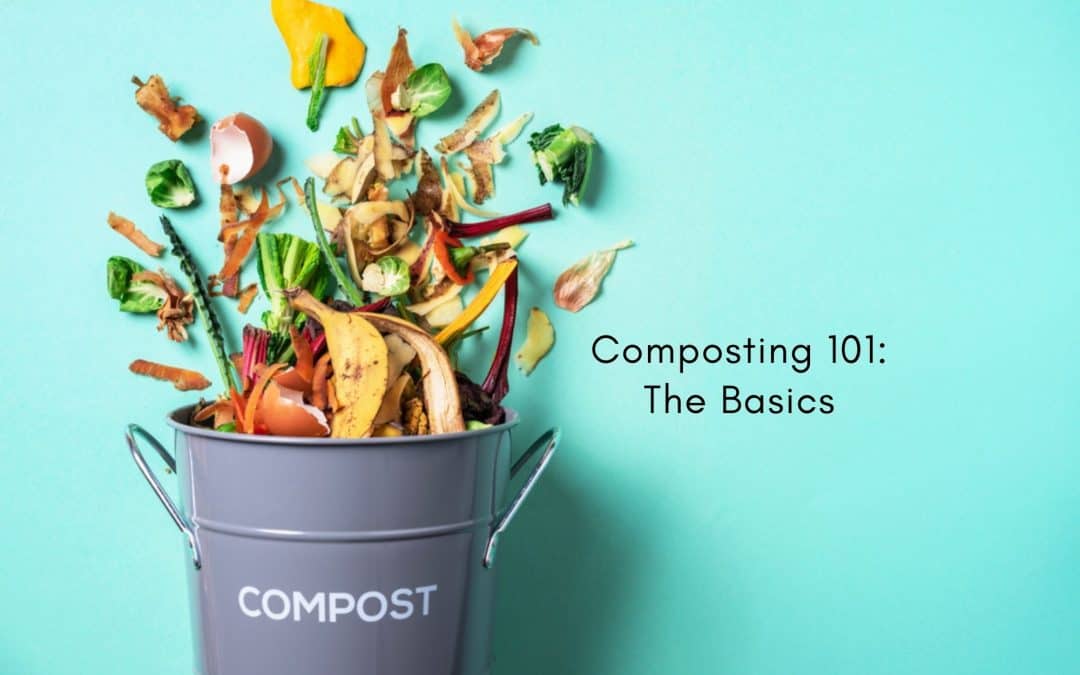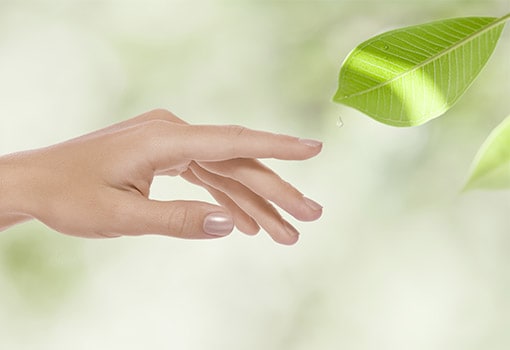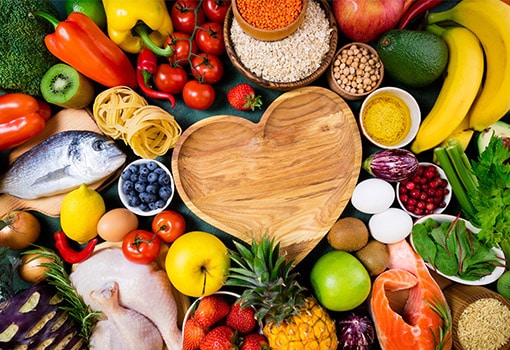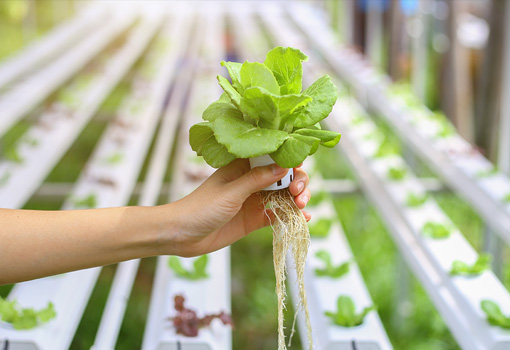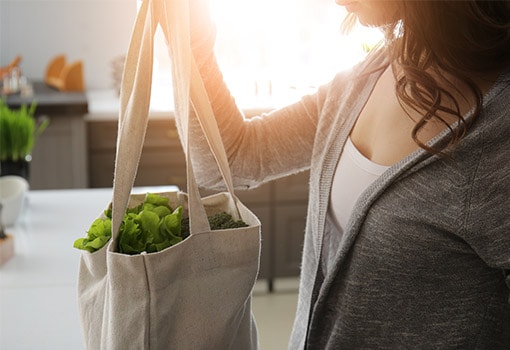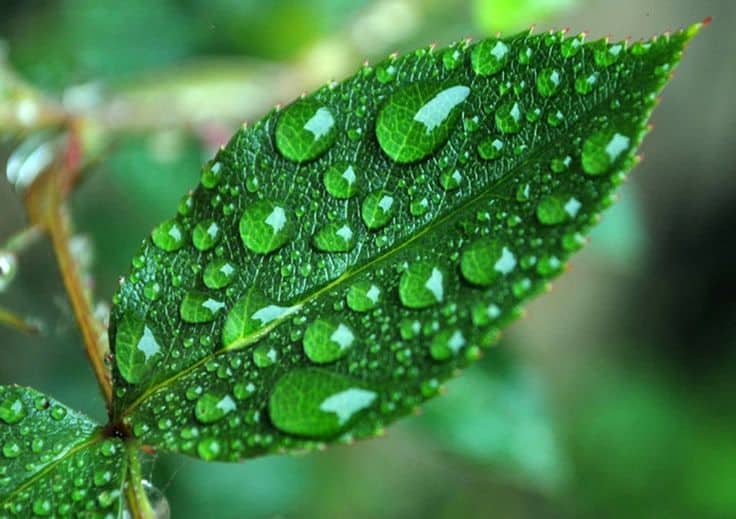Recycling is probably old hat to you by now, but oftentimes you hear recycling and composting lumped together in the same conversation. Curious about it? Read on!
One way to think about composting is “recycling” food. You take old food scraps, set them aside, and then put them through a sort of managed decomposition. At the end of the process, you are left with organic matter called humus that is essentially a fertilizer (or what some call a soil amendment).
why are you hearing more about composting?
The most important reason is that it is better for the environment. Food that is tossed out is taken to the landfill, where it decomposes, and as it does, it releases methane gas. Methane is a greenhouse gas, which traps heat in the atmosphere and contributes to global warming. Composting also gives you a great fertilizer, nicknamed “black gold,” which is really good for improving soil quality without the use of chemical fertilizers. It also helps to cut down on wasted food since you’re putting it to good use.
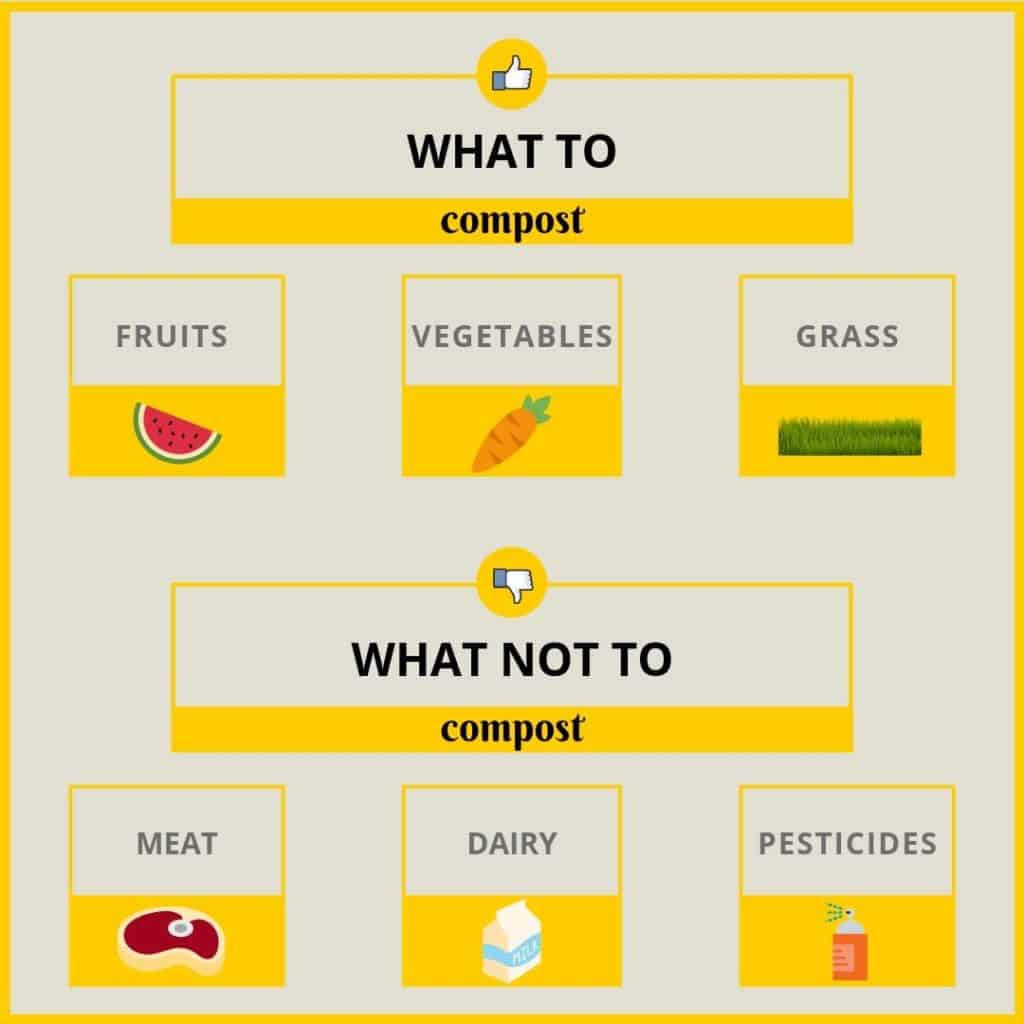
how does it work?
A good compost mix requires a formula of greens, browns, and water. Greens include fruits, vegetables, grass clippings, even coffee grounds. They supply nitrogen. Browns include dead leaves, newspaper, or pine needles. They supply the carbon. Generally, you want to avoid using meat, dairy products, or anything treated with pesticides. A little water is needed also to maintain enough moisture so the greens and browns break down. The right proportion of greens and browns ensures the compost works properly. A good rule of thumb is a 4:1 ratio of browns to greens.
what do you get at the end?
Composting produces humus, which is dark brown or black, crumbly, and looks kind of like soil. This end product is called compost and acts like a fertilizer. What do you do with the compost? Put it right back into the garden to grow your fruits and vegetables.
where can you compost?
In your backyard! You can create a compost pile or use a compost drum tumbler. Both methods will mix, turn and aerate the food scraps and other compostable materials previously mentioned. It can also be done indoors through vermicomposting (worm composting), where worms do the hard work, usually in a plastic bin kept in the basement, kitchen, or shed. If you don’t have the space or desire to do it yourself, there are curbside pickup services, both private and public. You can also drop off your food scraps at farmer’s markets.
So, go ahead, put an end to food waste and be kind to the environment too!

